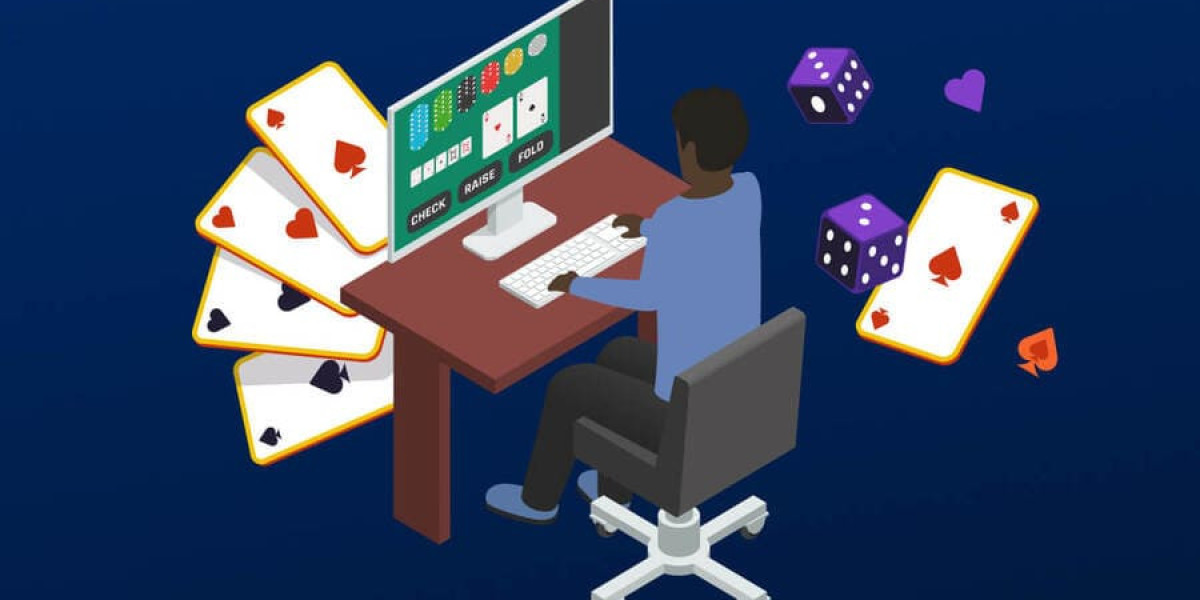Bad Bunny Merch born Benito Antonio Martínez Ocasio on March 10, 1994, in Almirante Sur, Puerto Rico, is a Latin music icon who has revolutionized the global music scene. His blend of reggaeton, trap, and other genres, combined with his unapologetic expression of identity and societal issues, has propelled him to worldwide fame. He is not just a musician; he is a cultural symbol, pushing boundaries in music, fashion, and activism. His meteoric rise to fame, groundbreaking musical style, and impact on Latin music make him a phenomenon worth examining.
Humble Beginnings and Rapid Rise
Bad Bunny's journey to stardom began in Puerto Rico, where he developed a love for music at a young age. His stage name, inspired by a childhood picture of him dressed as a bunny, reflects his playful, irreverent persona. As a teenager, Bad Bunny worked as a bagger at a supermarket while uploading music to SoundCloud, a platform that became instrumental in his rise. His 2016 single, Diles, caught the attention of DJ Luian, a prominent figure in the Latin trap scene, leading to his signing with Hear This Music.
By blending reggaeton with Latin trap, a genre still relatively new at the time, Bad Bunny created a sound that resonated deeply with younger generations of Latin listeners. His collaborations with major artists like J Balvin and Ozuna quickly garnered him attention, allowing him to tap into a wider audience. His breakthrough came with the 2018 album X 100pre, which won the Latin Grammy for Best Urban Music Album and marked him as one of the leading figures in Latin music.
Music that Breaks Boundaries
Bad Bunny’s music is distinct in its ability to fuse multiple genres while addressing various social themes. From reggaeton and trap to rock and bachata, he draws on numerous musical traditions, bringing them together in innovative ways. His ability to cross musical boundaries has contributed to his popularity across different demographics and regions.
One of the most notable aspects of Bad Bunny’s music is his willingness to address themes like mental health, depression, heartbreak, and gender identity—topics often shied away from in the traditionally machismo-driven Latin music scene. His song "Caro," for instance, tackles gender fluidity and self-worth, with the accompanying video featuring gender-bending imagery. In "Solo de Mí," he addresses the issue of domestic violence, making a powerful statement about respect and personal autonomy. Bad Bunny's lyrics often combine the personal and political, which resonates with listeners navigating these issues in their own lives.
His hit single Yo Perreo Sola is another example of his unique approach to music. The song, which advocates for women's autonomy on the dance floor, was praised not only for its infectious beat but also for its feminist message. The music video further emphasized these themes, with Bad Bunny himself appearing in drag, challenging traditional gender norms. This visual provoked widespread conversation about toxic masculinity and gender roles, which are deeply rooted in many cultures, including in the Latinx community.
A Style Icon and Fashion Revolutionary
Bad Bunny is as much a fashion icon as he is a musician. He defies conventional norms by blending masculinity and femininity in his wardrobe, frequently opting for vibrant colors, unique accessories, and bold makeup. His appearances often make headlines for challenging the rigid expectations of male appearance in Latin culture.
His influence on fashion was cemented with collaborations with major brands such as Adidas and Crocs, launching highly successful shoe lines that sold out within minutes. In his partnership with Adidas, he released the “Bad Bunny Forum” sneakers, which became instant collector's items. Through these ventures, Bad Bunny not only expanded his influence beyond music but also sent a message about self-expression and individuality.
His daring choices in clothing have helped break down stereotypes about what male artists, especially those in the urban music scene, should look like. He has appeared in magazine spreads wearing dresses and skirts, unapologetically embracing a fluid sense of fashion. Bad Bunny’s confidence in expressing himself through style serves as an inspiration for many, particularly those in the LGBTQ+ community and young people exploring their identities.
Activism and Social Commentary
Bad Bunny has never shied away from using his platform to advocate for social and political causes, particularly those affecting Puerto Rico. In 2019, he played a pivotal role in the protests that led to the resignation of Puerto Rican Governor Ricardo Rosselló. Alongside fellow Puerto Rican artists like Ricky Martin and Residente, Bad Bunny marched in the streets, condemning the governor’s mishandling of Hurricane Maria’s aftermath and the exposure of sexist, homophobic, and corrupt government chats.
He paused his music career to dedicate himself to the cause, even penning the politically charged track Afilando Los Cuchillos (Sharpening the Knives), which became the anthem for the movement. His activism extended beyond the protests as he continued to use his music, interviews, and social media platforms to call attention to issues such as inequality, LGBTQ+ rights, and the plight of Puerto Rico under U.S. colonial rule.
Even in his performances, Bad Bunny incorporates social commentary. During his performance on The Tonight Show Starring Jimmy Fallon in early 2020, he wore a shirt that read, "They killed Alexa, not a man in a skirt," in reference to the murder of a transgender woman in Puerto Rico, highlighting the violence faced by the transgender community. His bold advocacy on such a high-profile platform sent ripples throughout the entertainment industry and beyond.
Global Impact and Legacy
Bad Bunny’s influence stretches far beyond music and fashion. He has become a cultural ambassador for Puerto Rico, drawing attention to the island's issues while simultaneously celebrating its rich heritage. Through his music, he brings Puerto Rican slang and culture to the global stage, ensuring that his roots remain central to his identity.
Moreover, he has significantly contributed to the mainstream acceptance of Spanish-language music across the globe. His performance at the Super Bowl halftime show in 2020, alongside Shakira and J Balvin, further solidified his place as a global superstar. He didn’t need to sing in English to captivate the audience, proving that music, in its purest form, transcends language barriers.
His 2020 album YHLQMDLG (Yo Hago Lo Que Me Da La Gana), meaning "I do whatever I want," became the highest-charting all-Spanish-language album ever on the Billboard 200, peaking at No. 2. He followed up with El Último Tour Del Mundo, which became the first all-Spanish-language album to top the Billboard 200, a historic moment for Latin music.
Conclusion
Bad Bunny Hoodie has not only reshaped the Latin music landscape but has also impacted global pop culture in profound ways. Through his genre-defying music, fearless fashion choices, and vocal activism, he has inspired a generation to embrace their individuality and advocate for social change. As Bad Bunny continues to push boundaries, his legacy as a groundbreaking artist and cultural force only grows. He represents more than just music; he is a symbol of cultural pride, resilience, and the power of art to challenge and transform society.




